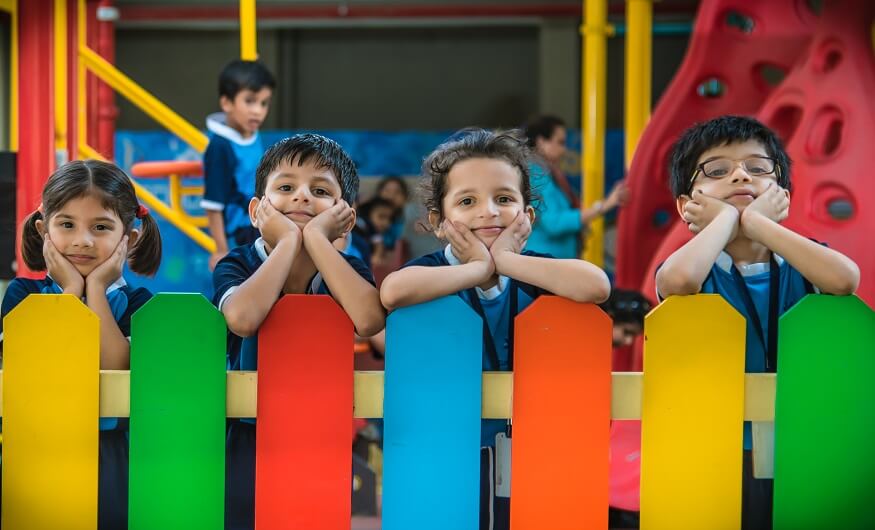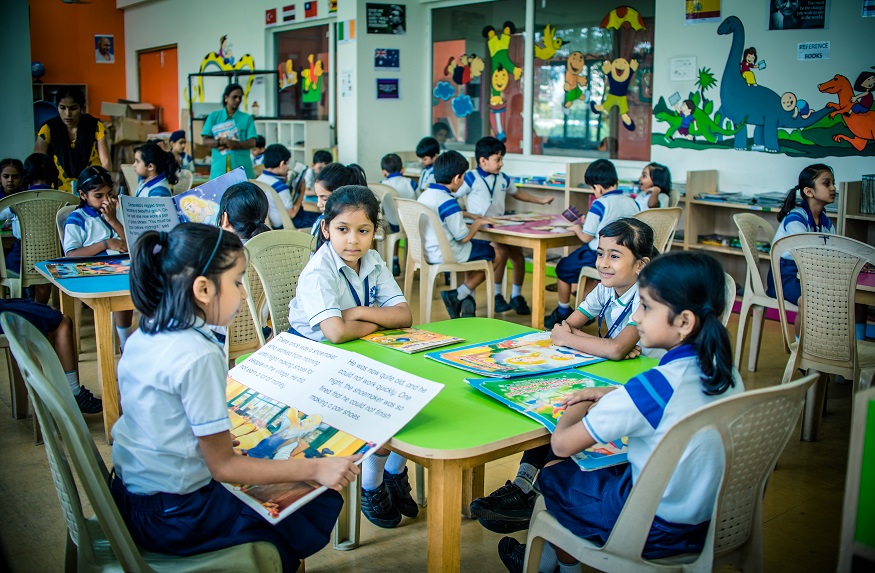You’ve probably heard the saying that 70 percent of all communication is portrayed through body language. Before we even open our mouths people already start assuming what we are like, just from the way we hold ourselves. It’s not like the good old days, when the source of entertainment was always available outside the house, thanks to the ubiquitous digital screens. There used to be so much time to observe, listen to, engage with, and learn from people.
For example, let’s say you are on the train to work and you see a bookseller with excellent marketing skills. You would watch his body language and listen to his clever speeches to sell the book. Even in your presentations for the office, you would use them. But today, nobody wants to look up from their electronic gadgets.
Now, if you go to a coffee shop and get a cappuccino, by the time it arrives you will have read through at least 2 social media sites, liked 20 posts, and viewed 5 reels. This is not your fault, it is the new normal. As a parent, you have seen and learned so much from the real world, the one before smartphones, but what about your children?
If a kid is too shy to face people, avoids eye contact while talking, fidgets or moves excessively while communicating, or slouches or gives a weak handshake, it shows that the kid has poor body language skills. To socialise and befriend other kids in school, student body language is very important. Body language in communication also plays a key role in conveying what someone likes or dislikes.
For example, if you meet a friend and you ask about his job, without knowing that he has been fired last week, the moment you ask the question, “How’s your job?”, you notice his body language changes from open to closed. When people are forced to talk about things that make them uncomfortable, it will be obvious through their body language. Like a quick frown on the face or crossing the arms, which means that your friend’s career is not the best thing to talk about right now.
Also Read: Time Management Skills for kids
Importance of body language:
Understanding types of body language and their importance helps kids in improving communication and building stronger relationships with others. Also, he/she could work on improving their body language.
Emotional expression:
It helps the kids to express their emotions efficiently. They learn to convey feelings through nonverbal communication such as gestures, facial expressions, and body posture.
Understanding others:
As we mentioned earlier, reading body language helps a kid to understand what other people think, their intentions, or emotions. It increases their ability to empathise and interact with others.
Confidence building:
Kids who exhibit positive body language often feel more certain and self-confident. It will help them in developing strong interpersonal ties and assert themselves in society.
Academic Success:
Student body language plays a crucial role in academic success. A student who sits up straight makes eye contact and interacts with teachers, and actively participates in class is likely to be more successful in school.
Self-Awareness:
The kids who know how to use body language tend to be more self-aware. They gain an understanding of their own emotions as well as how others are affected by their body language.
Conflict resolution:
Kids who read body language are better able to understand others’ problems and tend to solve them easily.
Social skills:
Social skills can be enhanced by developing the ability to interpret and use body language. Children who have a strong understanding of body language can establish rapport, convey respect, and work together successfully.
Increased charisma and reduced stress:
Teaching a child the skill of displaying positive body language can make a big difference in their capacity to be liked and improve their ability to communicate with others. Children who learn how to use good body language frequently feel better at ease interacting with people in a variety of social situations. Several advantages of mastering this skill also include improved bodily and emotional wellness with fewer levels of stress and worry.
Tips to improve the body language of children:
- Encourage your child to make contact with everyone they interact with. Maintaining eye contact while speaking to someone shows that your kid is confident and interested in the conversation.
- Encourage your kid to smile. Smiling is a powerful tool in conversation. It can make others feel comfortable and welcome.
- Sitting in the same position for an extended time is uncomfortable and can lead to poor posture. Encourage them to roam about and take short pauses.
- As good posture helps people appear confident, teach kids to stand and sit straight with their shoulders back.
- Kids learn from their parents, so exhibiting good body language while you interact with others will inspire kids.
- Teach children to listen actively when others are speaking by nodding and reacting appropriately. This shows that they are involved in the conversation.
- Using hand gestures while talking is a good sign of confidence, encourage your kids to practise it.
- When your kids show good body language give them positive feedback and offer constructive criticism when they need to improve.
- Mirror exercise is one of the best ways to practise body language. Ask your child to stand in front of the mirror and imitate, practise different types of body language poses and expressions.
- Dance classes and acting classes will also help kids in developing their nonverbal communication and they also learn how to use body language to convey their emotions to people.
- Yoga helps a lot in learning how to control your body and breath. Encourage your kids to join yoga classes, as it leads to good posture and body language.
- Mime classes help children to convey their thoughts without using words. It makes them more expressive.
- If your kid is giving a speech at a school function or a family gathering, record it and play it back for them to improve their body language.
Also Read: 20 Best Qualities of a Good Student
For the best results in academics and personal happiness, a child must be able to achieve a sense of ease and security inside themselves. This theory is still true, especially when it comes to kid development. In EuroSchool we understand the importance of body language in communication for kids more than any other educational institute. Visit EuroSchool to know more.










